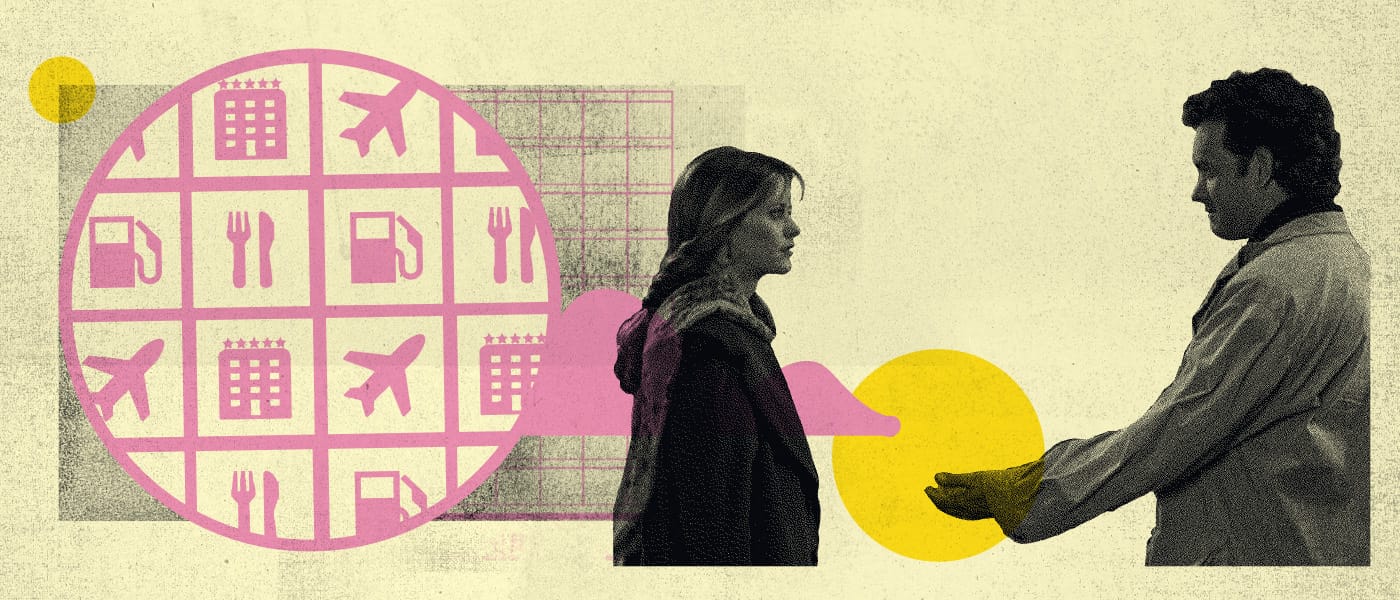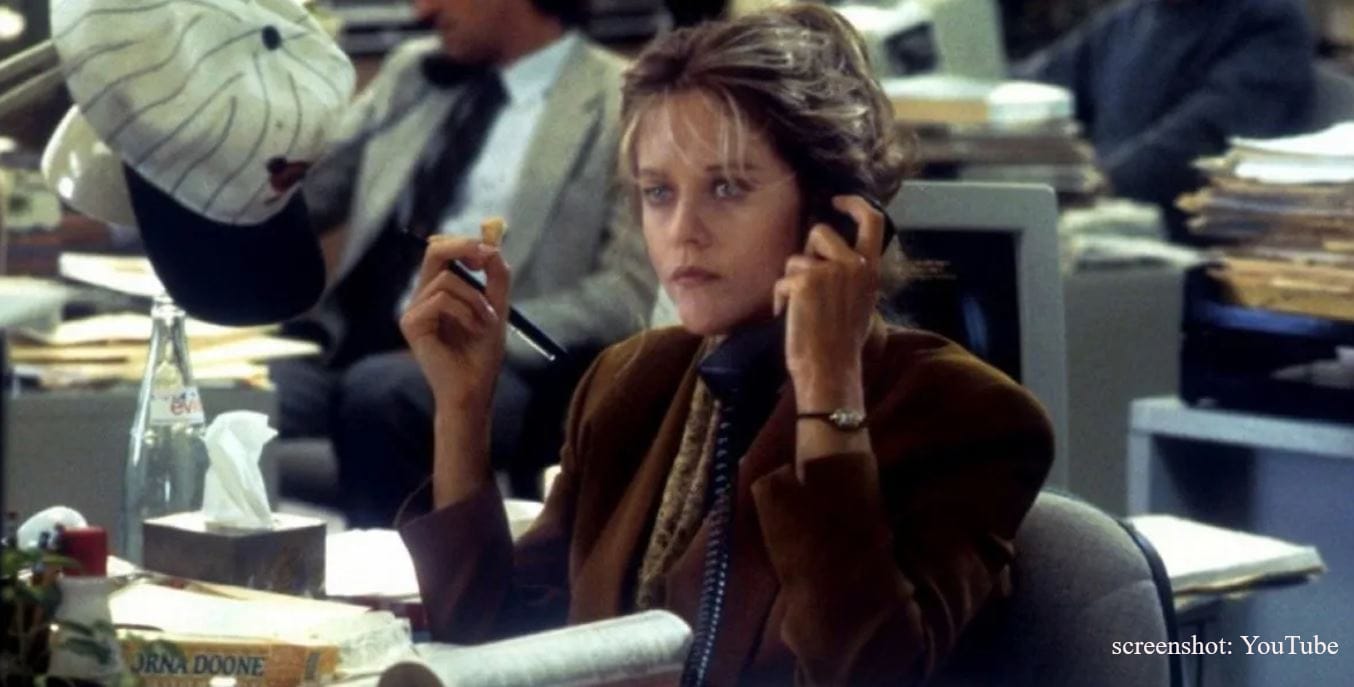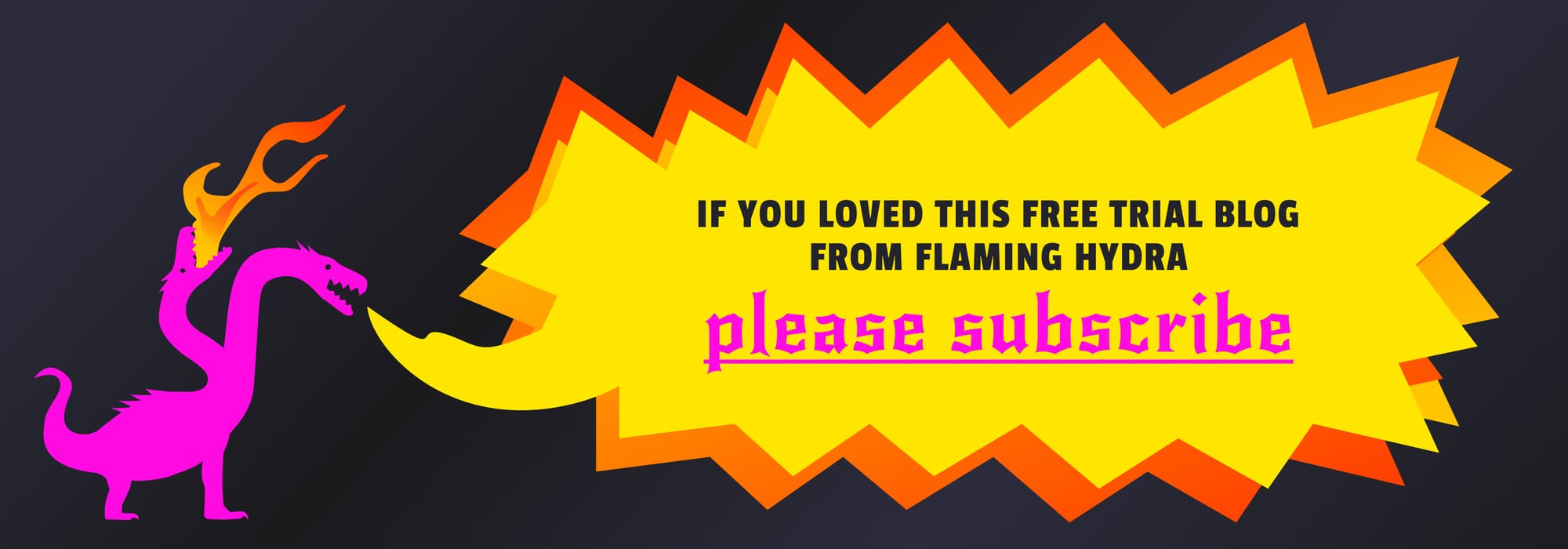Scheming in Seattle

by Diana Moskovitz
Nora Ephron loved journalists. She made her female protagonists reporters again and again: There’s Sally Albright in “When Harry Met Sally,” and food blogger Julie Powell of “Julie & Julia.” Yet of all her reporting heroines, it’s Annie Reed of “Sleepless in Seattle” who stands out, for me, because she holds a job that I’ve had too—daily newspaper reporter. So with the holidays here and “Sleepless” always a natural fit for any December film rotation—we first meet Annie on Christmas Eve, after all—I embarked on an investigation. Old movies show us all kinds of things once taken for granted, things that now raise questions, perhaps even a hackle or two. In her quest to find true love on the company dime, is Annie ethical? Furthermore, is she even a good journalist?

(Spoilers abound! You’ve been warned.)
The film opens with Annie, played by Meg Ryan, at Christmas dinner; she's introducing her family to her new fiancé, the well-meaning but perpetually allergic Walter (Bill Pullman), who also happens to be the paper’s associate publisher. (Did the duo mention this relationship to their managers? Were conflicts of interest in the office avoided? It was the 1990s, and the film doesn’t say.)
From there, and for about the first half of the movie, Annie works very little. Her work life is mostly talking with her editor and best friend, Becky (Rosie O’Donnell), but not about journalism or what’s going in the paper, or even current events. Deadline, somehow, never comes up! Instead, they talk about Annie’s obsession with Tom Hanks as Sam Baldwin, a Seattle architect and single father she heard on a radio call-in show. Annie’s reporting finally kicks in about halfway through the movie when, like any shoe-leather reporter, she picks up the phone … but instead of reporting a real story, she uses her journalism skills to chase down Sam, under the guise of writing about call-in radio shows.
The ethical murk starts here. Annie tells one source that she’s trying to reach the call-in radio show host for an article, and then cajoles Sam’s phone number out of the radio show by claiming to be working on a story about bereavement. But Annie does not leave Sam a message. Instead, she uses the info on Sam’s answering machine to extract even more personal info about him from a computer database called “Nexus City News Bureau,” a thinly veiled reference to the journalism stalwart LexisNexis.
And Annie’s just getting started. Upon finding the right Sam, as well as his young son Jonah, she hires a private detective to track him down, requesting a background check with photos! Still more troubling, it’s at least implied that her company is paying for this private eye, who’s also likely assuming he is doing this job for journalistic reasons (he is not). Also, Annie hires him from her work computer in the middle of the office using a company fax account. Upon rewatching the film recently with my spouse, a former journalist, I immediately turned to him and asked what he thought. He replied, “That’s hella unethical!” (He never uses the word “hella.”)
I came of age during the great decline of newspapers, and in the newsrooms where I worked, any purchase over $24, especially without a receipt, was highly scrutinized by multiple layers of bureaucracy. Sure, maybe the Sun had the budget for hiring private eyes thousands of miles away with no signoff from a supervisor. Maybe Annie’s supervisor, also her best friend, does give the OK. Maybe that’s all it took in 1993!
Becky does sign off on the next phase of the reporting: Annie’s trip to Seattle to meet Sam. There is no way this is ethical, although it could have been. All Annie had to do was find a Baltimore angle, and actually write a real story! Maybe start with a story about Baltimore call-in shows. Then do a second piece on this national trend, with a third story in the series focusing on this one call, from Seattle, that captured the fascination of the nation—with an in-person interview. See? Problem solved!
This was not a minor expense report.
In Seattle, Annie rents a car and gets a hotel room for at least one night, but probably two, in her search for Sam. This leads nowhere, because, though Annie is a reporter, for whom talking to strangers is part of the job, she sees Sam with another woman—his sister, whom she assumes is a girlfriend—and freezes up, almost getting run over, first by a truck, and then a taxi. It’s here that my concern shifts from Annie’s ethics to that other, equally obvious question: Is Annie even good at her job? Or does Becky just give her really easy assignments and cover for her because she’s so adorable?
Despite the utter failure of the Seattle trip, Annie realizes that Walter is not her bashert. Through a series of quirky events and twists of fate that could happen only in a movie (Jonah, the real matchmaker of the story, reads Annie’s letter to Sam, decides that she is The One, and wangles himself a plane ticket to New York City, forcing Sam to follow suit), father and son meet Annie at last, atop the Empire State Building on Valentine’s Day. Sparks fly. The happy couple walk off into the night hand-in-hand as Jimmy Durante croons “Make Someone Happy.”
This is where the movie ends, leaving us with more questions than answers. What happens back at the office? Things could get a little awkward—she did just dump the associate publisher, though Walter will likely be too busy sneezing to take revenge. As for her ethics, yes, I have concerns but I should note that Annie squandered all that company time and money from Times-Mirror, which would become Tribune, a company known for its frat house corporate culture and perpetual layoffs for workers.
So, no, Annie did not act ethically when she took that trip to Seattle or to pretend she was working on a story that didn’t exist, and that meant a few less pennies for billionaire corporate shareholders. But the only person who is hurt journalistically in this scenario is Annie, because, I’m assuming, Annie needs a new job. Maybe, after finding love in Sam’s eyes, she moves to Seattle and joins the local newspaper (jobs at newspapers actually existed in bulk back then!) I have my doubts about Annie’s chops, but Becky surely will provide a glowing reference.
Ultimately, though, Annie’s unethical behavior as a journalist should be seen through the lens of Ephron's own body of work. In most movies about journalists, our lives begin and end with printing a salacious story, getting a big promotion, or landing an Earth-shattering scoop. But for Ephron, reporters are humans too, with the same desires and foibles as anyone else. She should know; she was one of us too. She knew us. She loved us. And so she gave us that other thing we really want—the thing that is even bigger and wilder and better than the biggest scoop—true love.

